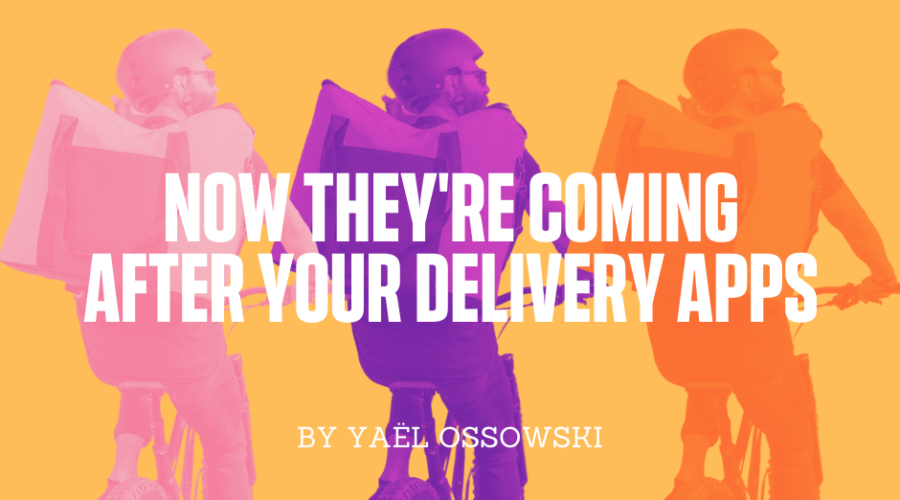Gov. Newsom’s ‘petitions’ + Prop. 22 backers reunite to lobby + CalChamber’s vaccine campaign
COALITION REFORMS ‘TO PROTECT APP-BASED DRIVERS’
Last year, gig economy giants like Uber and Lyft built a coalition of organizations to help them pass Proposition 22, the initiative that generally exempted them from the new California law that requires businesses to give employment benefits to more workers.
Now, the Protect App-Based Drivers and Services Coalition is uniting again to lobby for “access to independent, app-based work, and preserve the availability, affordability, and reliability of on-demand app-based rideshare and delivery services that are essential to California’s economy,” according to a group statement.
Its first target is Assembly Bill 286, which caps charges for a food facility’s use of a platform such as DoorDash to 15% of an online order’s purchase price. The bill is authored by Assemblywoman Lorena Gonzalez, D-San Diego. Gonzalez wrote also wrote Assembly Bill 5, the employment law that was weakened by Prop. 22 last fall.
“As an immediate priority, the coalition is actively working to oppose legislation that would restrict access to app-based work and services such as Assembly Bill 286, which would impose unworkable new regulations on app-based delivery services that would raise consumer prices, decrease customers for restaurants, and reduce earning opportunities for drivers,” the group said in a statement.
Members of the coalition include the Congress on Racial Equality, the National Taxpayers Union, the California Narcotics Officers Association, the Consumer Choice Center, Uber, Lyft, DoorDash and Instacart.
Originally published here.











